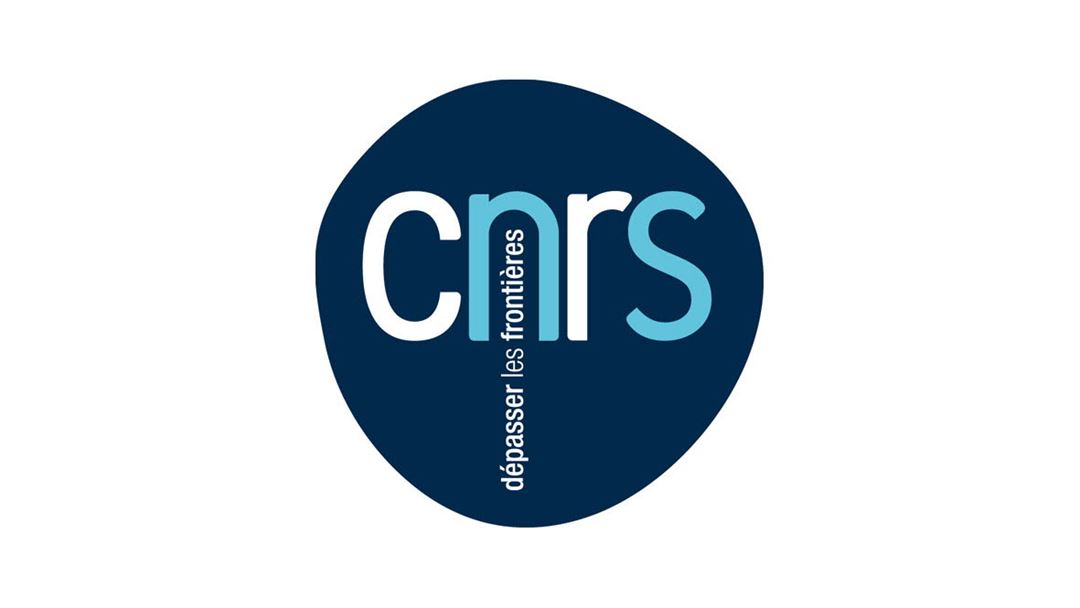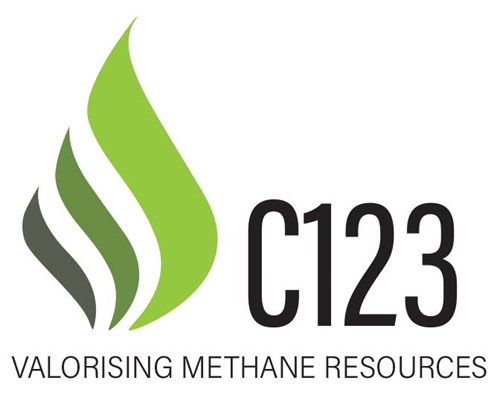CNRS
CNRS (French National Center for Scientific Research) is a public organization for scientific and technological research and is under the authority of the French Ministry for Research. CNRS is also the largest fundamental research organization in Europe. More than 10.000 research scientists cover all type of disciplines making CNRS the hub of research activity in France. It is also an important breeding ground for scientific and technological innovation.

IRCELYON (Research Institute for Catalysis and Environment of Lyon) is a Joint Research Unit CNRS-Université Claude Bernard and is among the largest French joint laboratory of CNRS and University entirely devoted to catalysis. IRCELYON brings together all competences in heterogeneous catalysis over the Lyon area and forms the largest catalysis laboratory in France and Europe. It includes a permanent research staff of 95 members from CNRS and University and as many PhD students, post-docs, and invited scientists from all over the world. IRCELYON includes 5 research groups supported by a platform of state-of-the-art equipments and helped by an efficient technical and administrative logistics. The research activities, at the very heart of sustainable development, are essentially devoted to energy, environment and green chemistry.
Widely opens to industrial and international collaborations, IRCELYON conducts cooperative projects with more than thirty countries and works in close collaboration with a large number of industrial partners from France and abroad.
The "Engineering and process intensification" (ENG) team (about 30 persons) C123 has gained a large experience in fossil- and bio-fuel processing including gas and liquid upgrading. ENG is involved both in the combined development of new catalysts and reactors. This integrated approach is carried out by means of mechanistic and modelling studies supported by transient techniques using labelled reactants, in situ DRIFT/Raman/Mosbauer spectroscopies, TGA/microcalorimetry analysis, all main characterization techniques of solids (XPS, XRD, NMR,..) , and advanced on-line analysis of complex petrochemical vapors and liquids. In situ and Operando studies are routinely applied for the optimization of existing materials and the establishment of structure-activity relationship. Current research topics deal with energy and chemical productions from alternative/sustainable feedstocks by efficient separation and catalytic processes.
Dr David Farrusseng is permanent researcher,co-leader of the team ENG, authors of over 140 peer-reviewed papers and 15 patents. He is in charge of activities dealing with i) catalyst design at nanoscale (mixed oxides including Ce-Zr systems and metallic nanoparticle encapsulation) and ii) development of the combinatorial methodology and high throughput parallel reactors.
Dr Yves Schuurman is permanent researcher; co-leader of the group ENG, authors of over 100 peer-reviewed papers. He is in charge of activities dealing with oOCM processing (reactor design, kinetic studies and modelling)
Dr Jerome Canivet is permanent researcher at CNRS, author of over 70 papers, published in international journals, two patents. He is in charge of the tasks dealing with HF catalyst design based of coodination microporous polymers (CMP), synthesis and testing.
Website: http://www.cnrs.fr/fr

